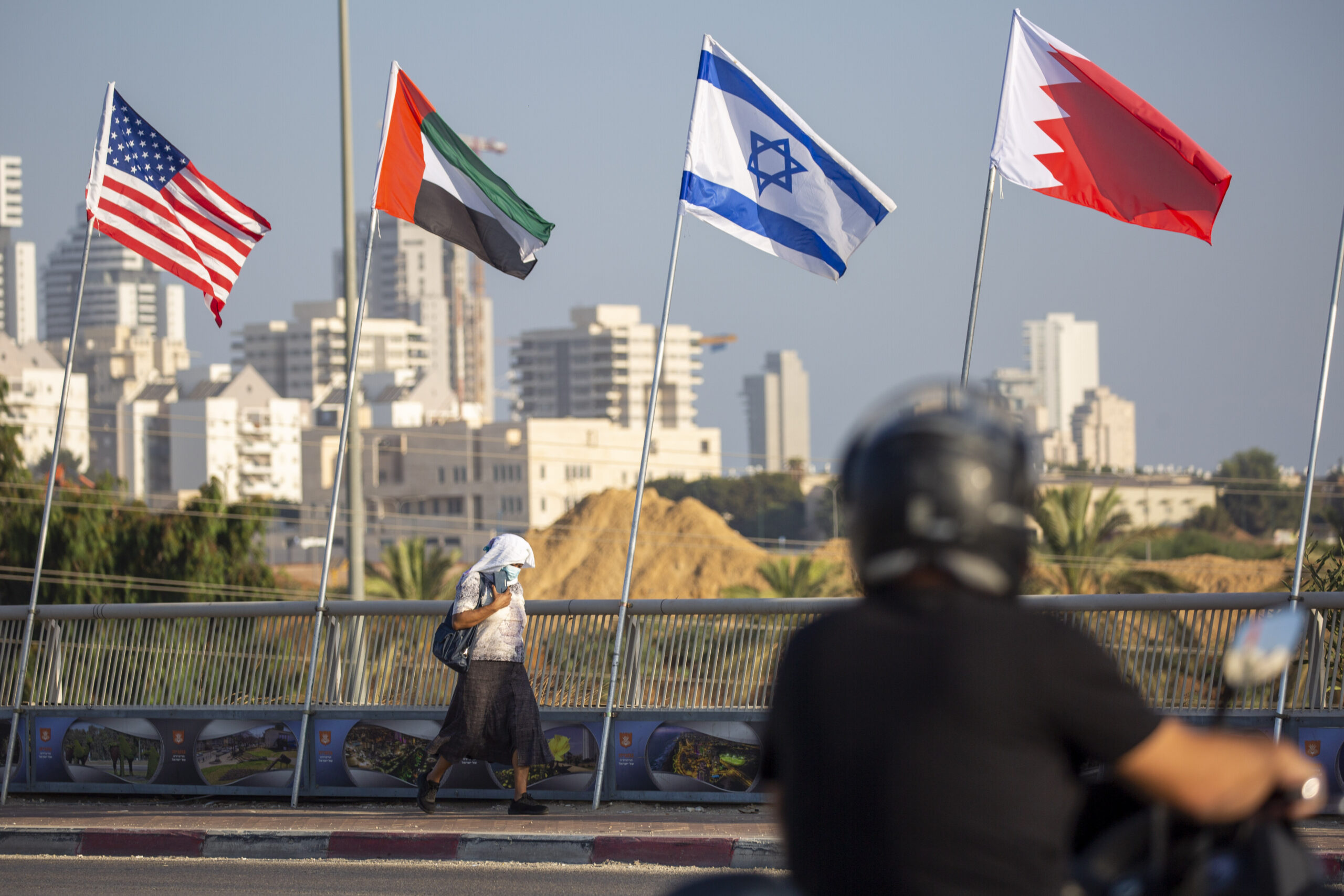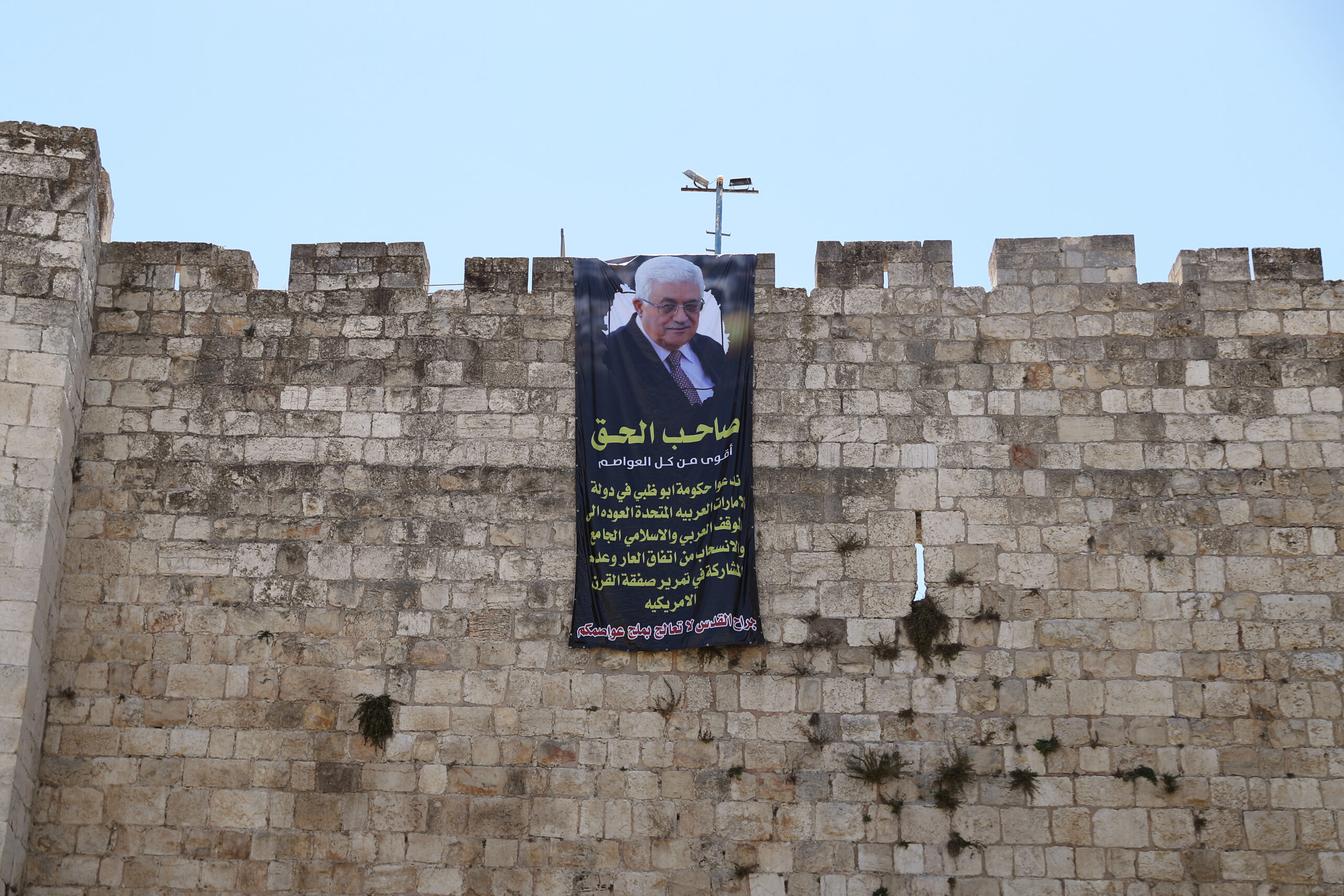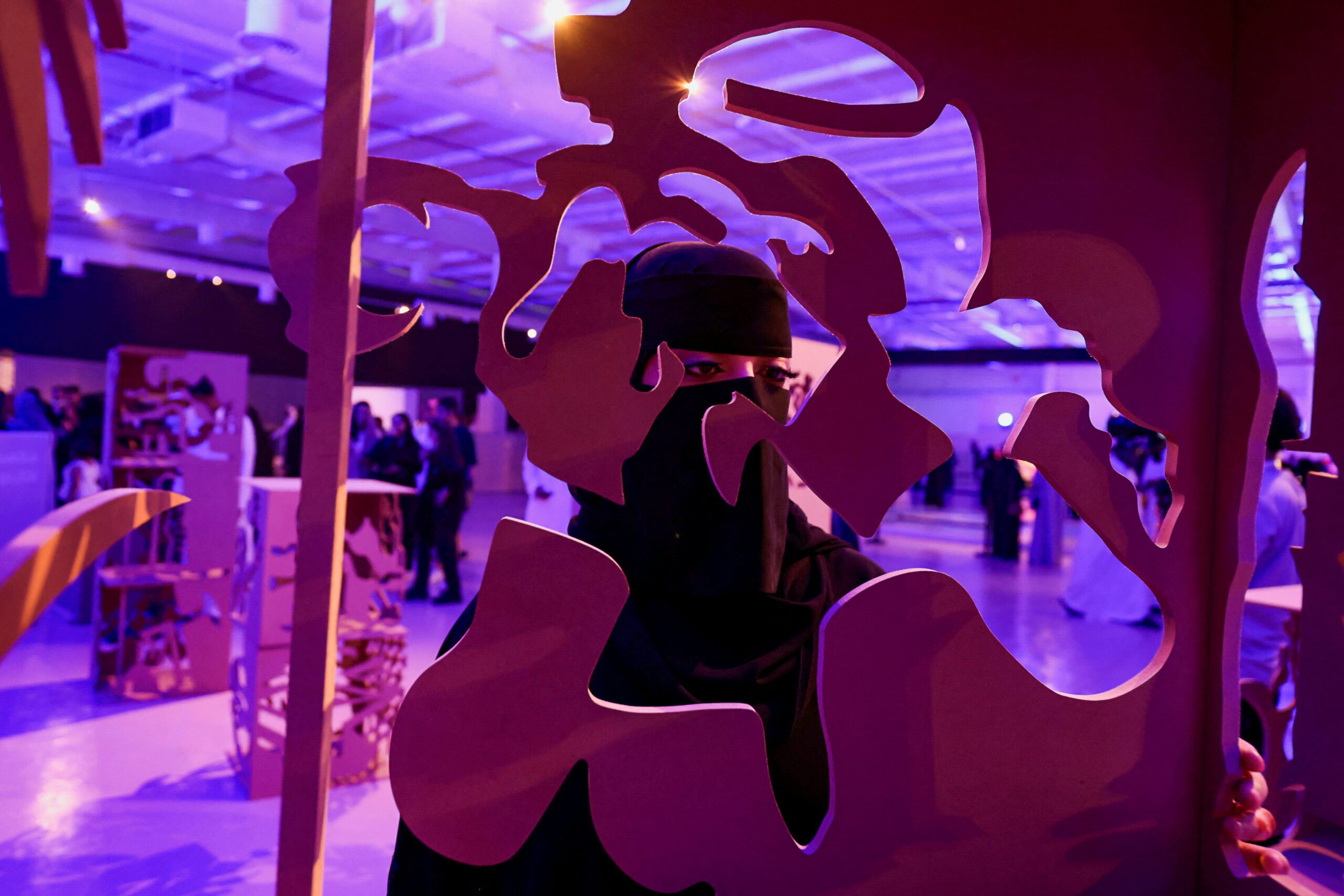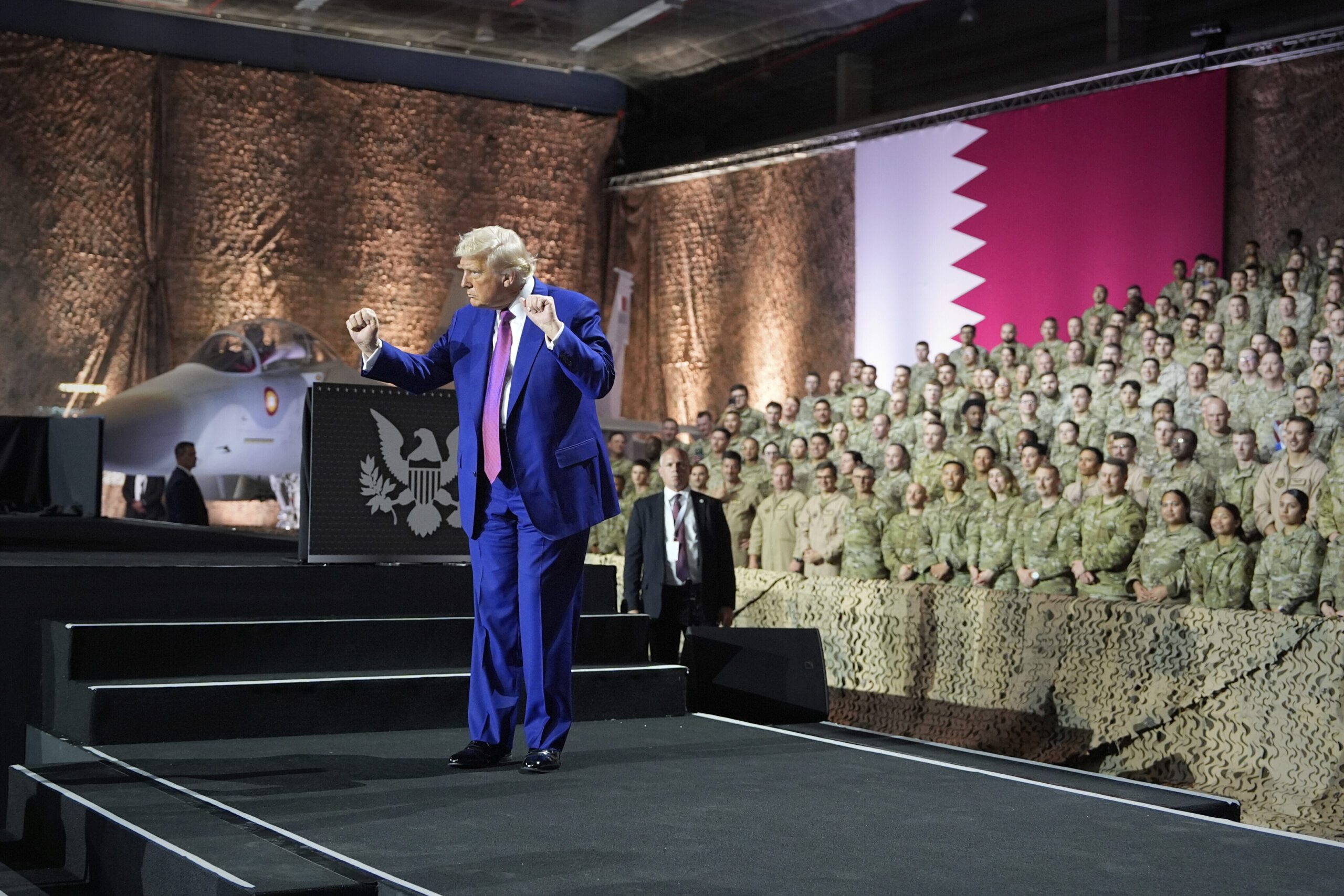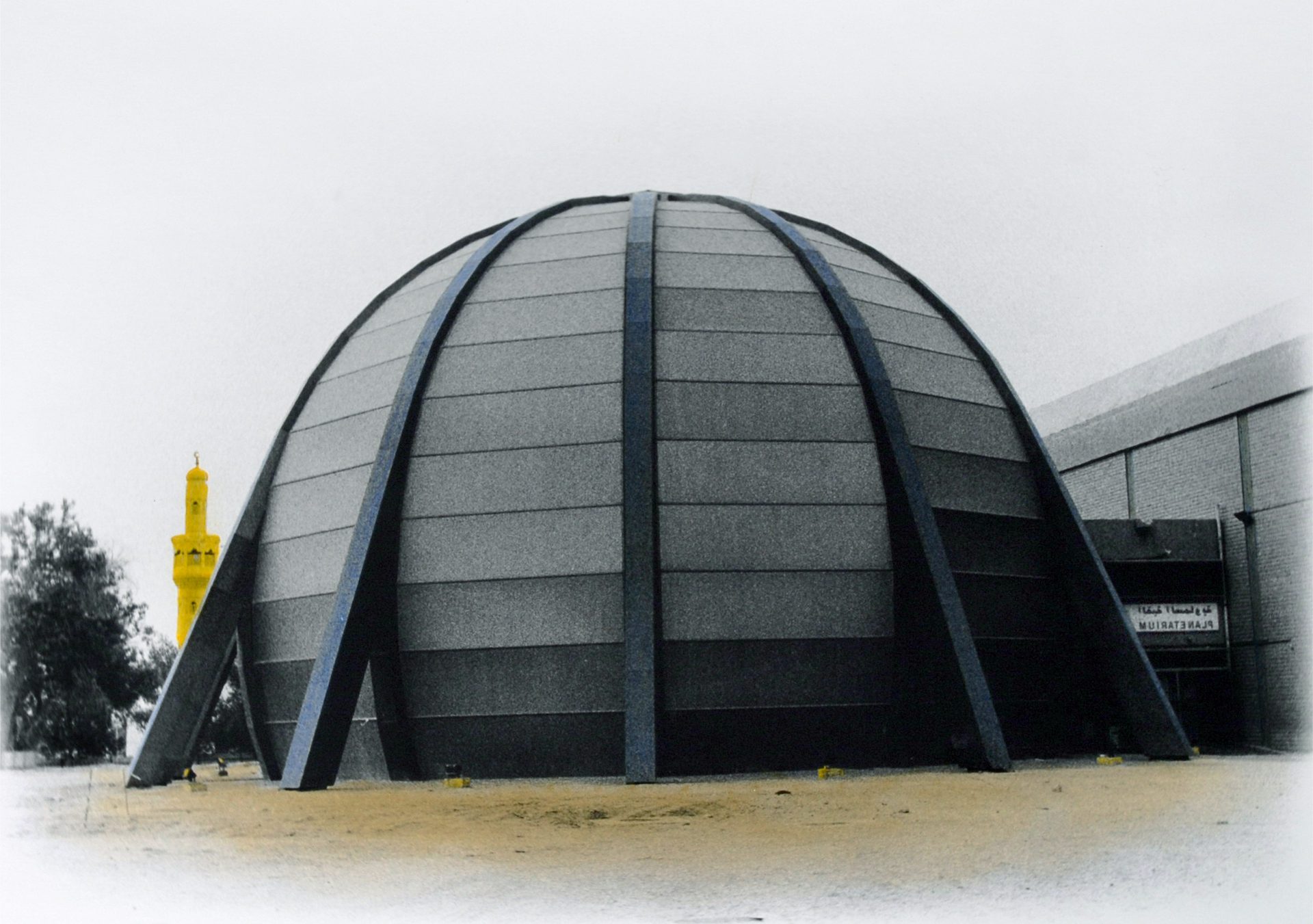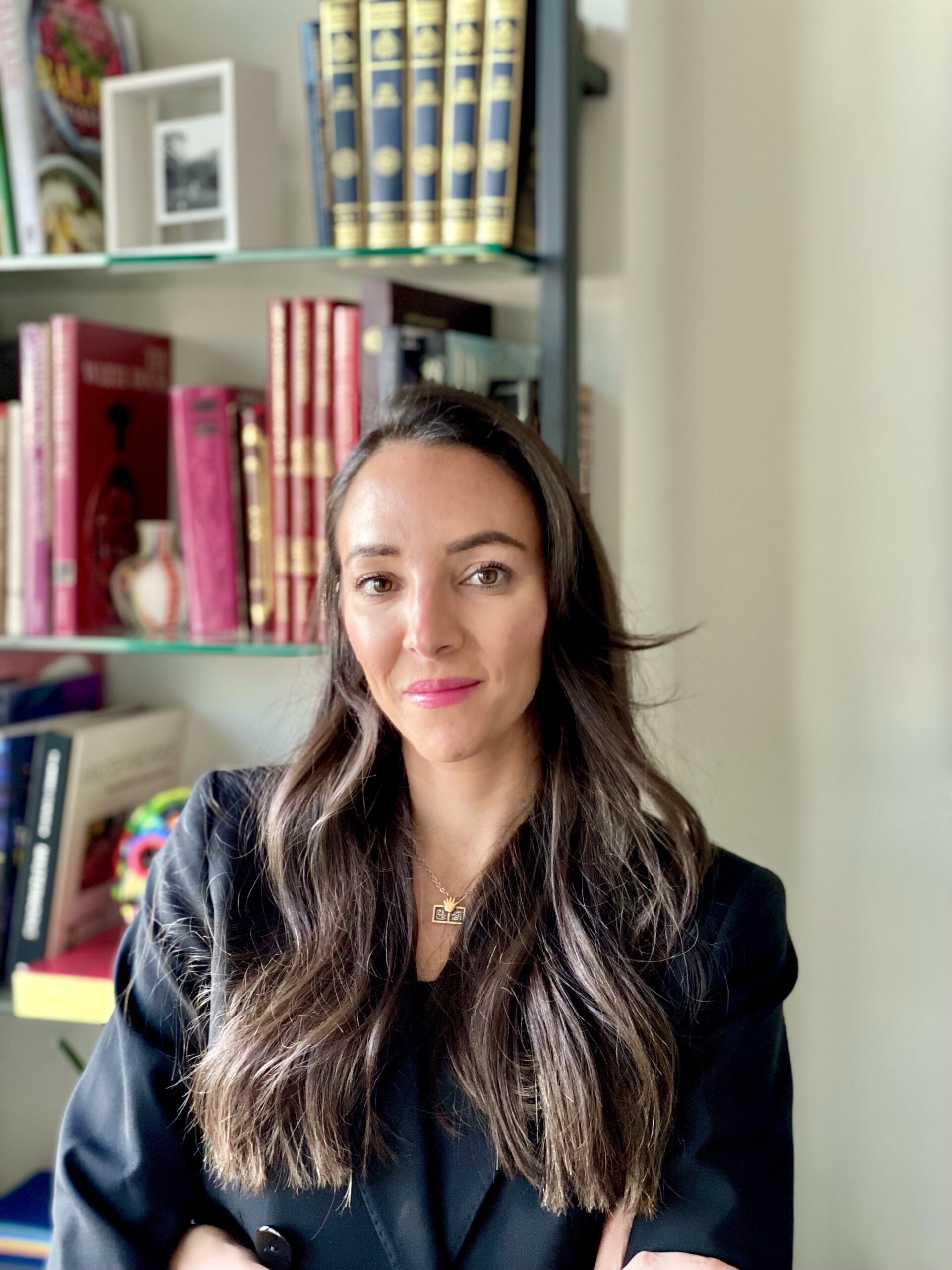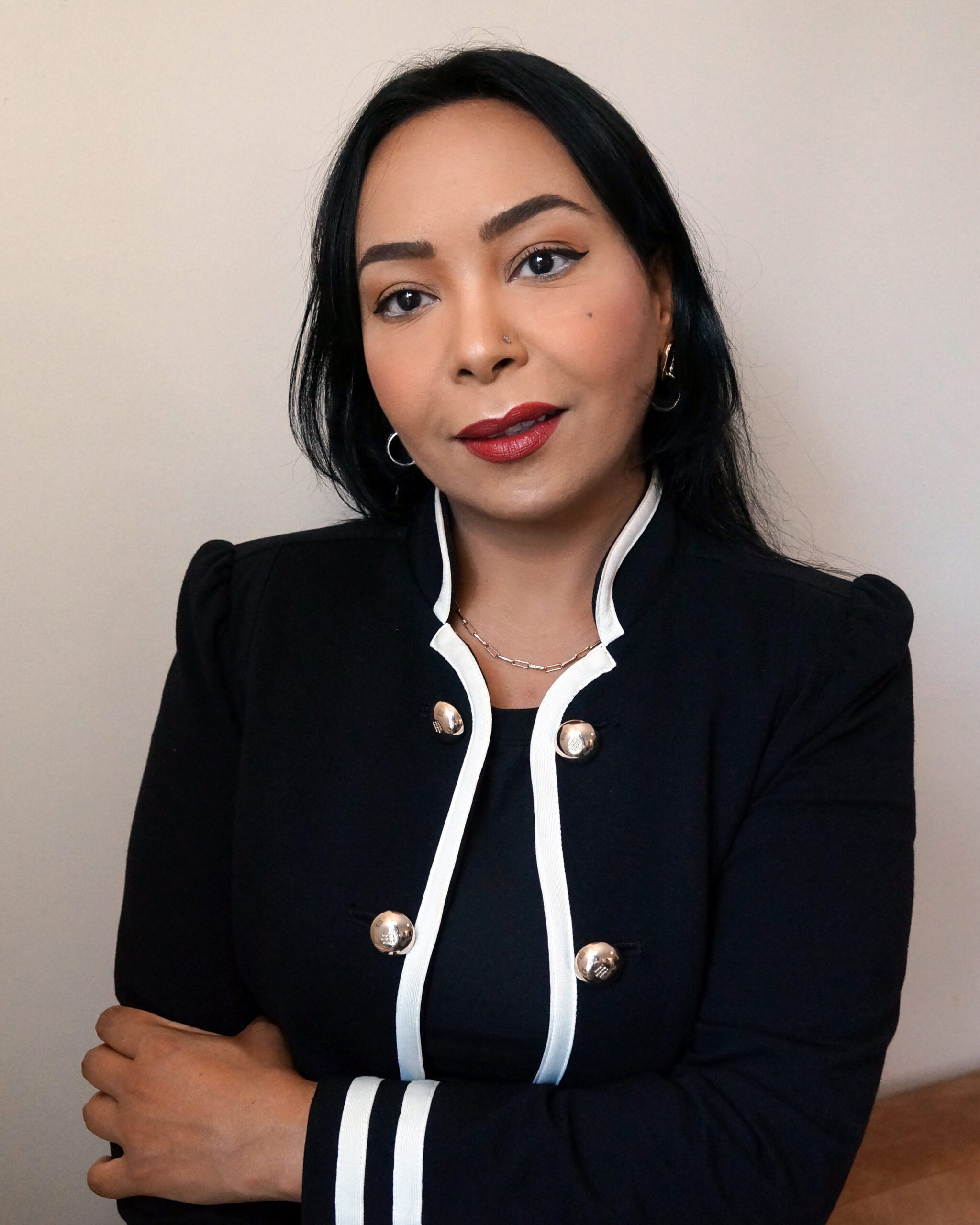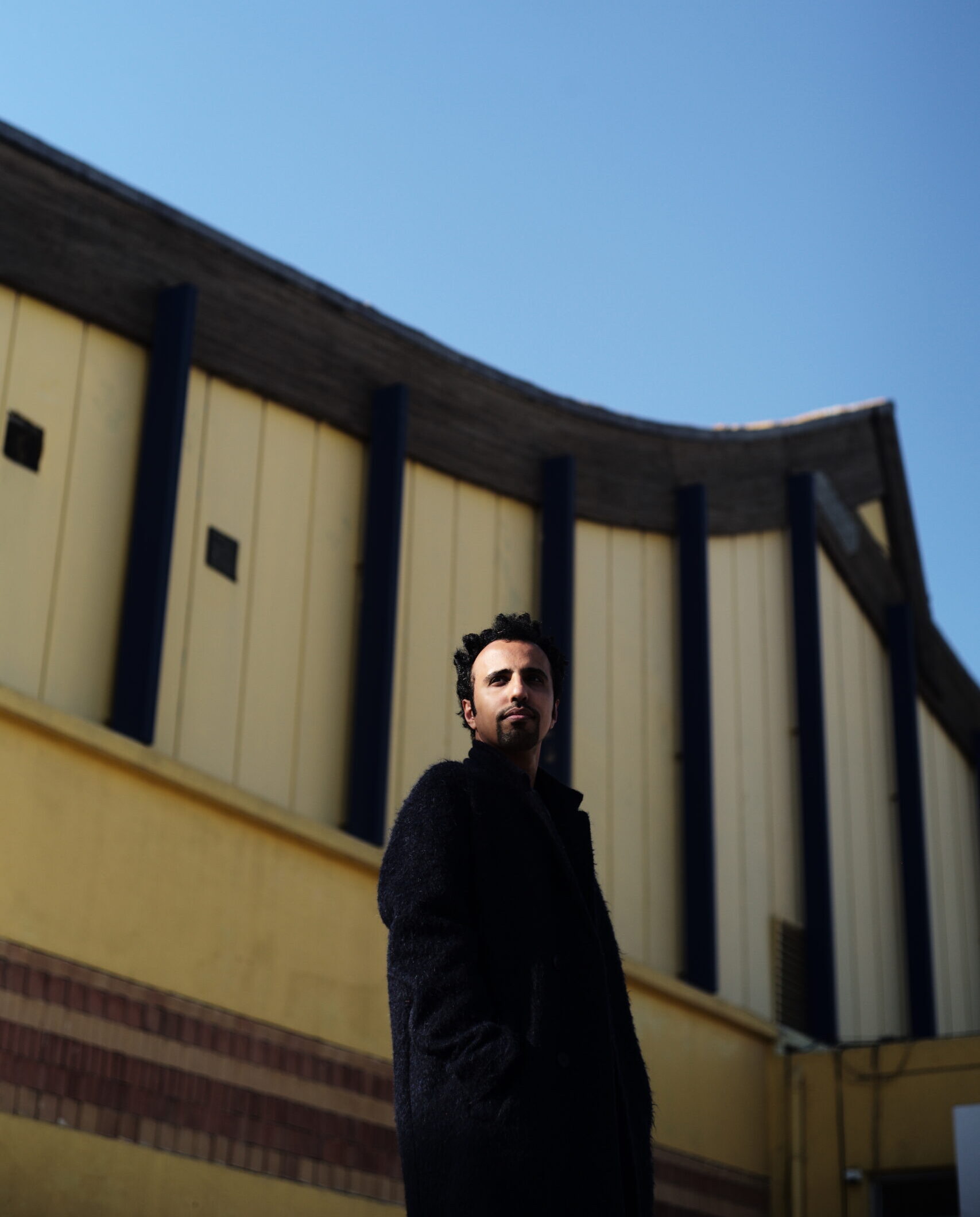Death of Bahrain’s Prime Minister Promotes Reformer, But Perhaps Not Reforms
The death of the traditional and uncompromising Khalifa bin Salman al-Khalifa clears the way for the reformist crown prince to head the government. Still, state and financial security will continue to top Bahrain’s priorities.
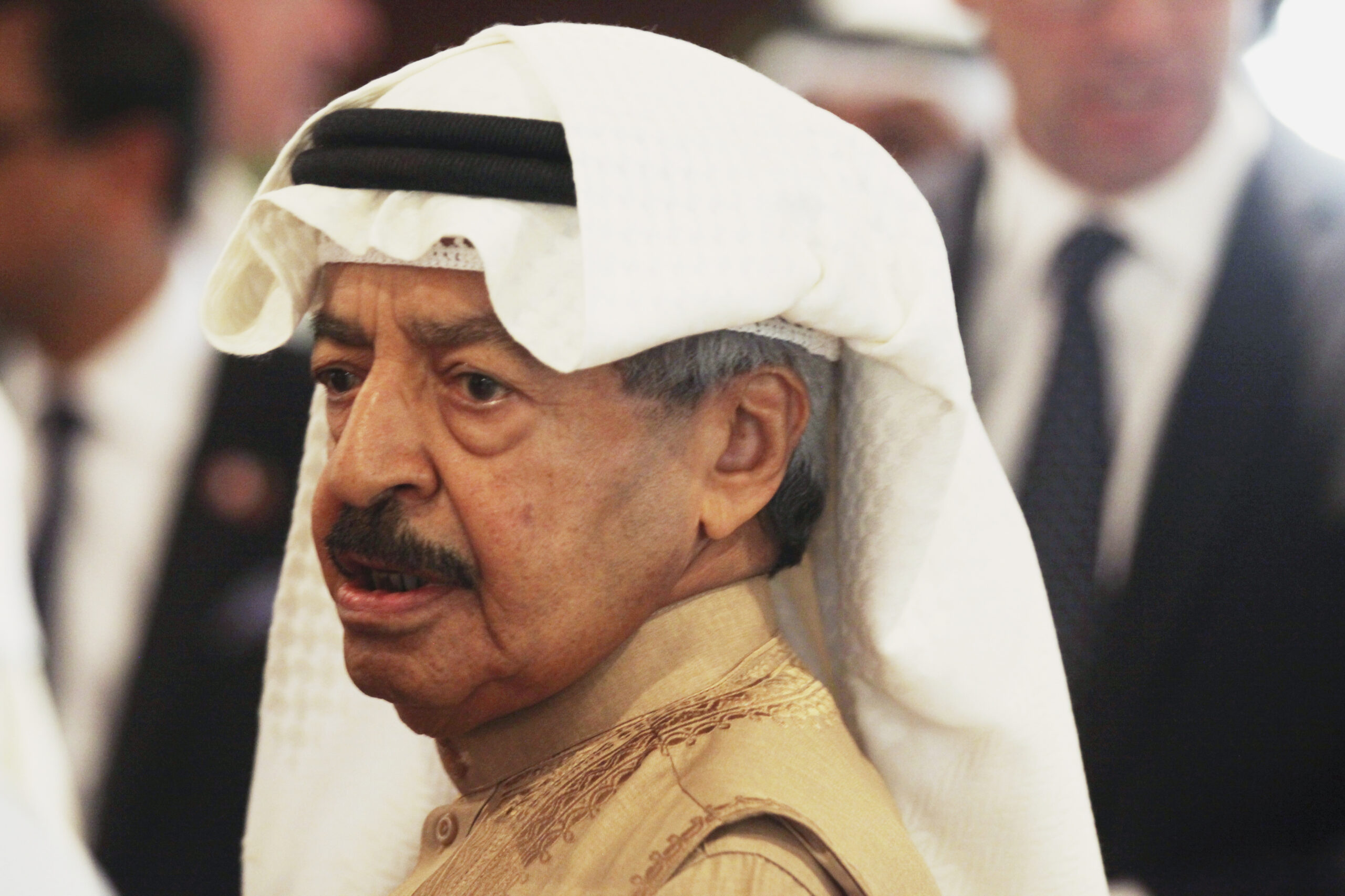
The death of Bahrain’s prime minister marks the end of a historic reign, at least when measured in longevity: At the time of his death, Khalifa bin Salman stood as the longest-serving prime minister in the world. His quick replacement by the king’s eldest son, Crown Prince Salman bin Hamad al-Khalifa, more technocratic and accessible to the Shia opposition, raises anticipation of a political opening. But in truth, the power of the recalcitrant prime minister already had been waning in favor of both his reformist rival, the crown prince, and a more hard-line ruling faction close to the king and centered in the royal court and state security apparatus. The priority of these two camps – respectively Bahrain’s financial and state security – likely will continue to top the country’s agenda.
Still the long-awaited cementing of the crown prince’s authority over government, alongside his recent elevation over the more sectarian and hard-line Khawalid faction of the Al Khalifa ruling family may yet offer greater flexibility in managing the political file. Indeed, the crown prince, now directly on the hook for implementing government austerity measures, may in time find political compromise a necessity as he seeks to maintain public support.
Khalifa bin Salman’s Long Tenure Ends
Khalifa bin Salman’s tenure at the head of government ran for 50 years, spanning most of Bahrain’s existence as an independent state. Upon his death, state newspapers praised him as the architect of modern Bahrain: a wise leader who lived for the people, a statesman who advanced ties to the world, and a pillar of support for the expatriate community. Opposition media outside Bahrain were less forgiving, noting his long reliance on the state security law and his reputation for corruption. His form of retail politics built upon access to state land and patronage and traded on the personal connections that enriched his business allies, both Sunni and Shia, as well as himself.
It was this corruption that drew the ire of the hard-line Bahraini opposition in 2011. They openly demanded his ouster, holding protests at Bahrain’s financial harbor where they accused Khalifa bin Salman of obtaining newly reclaimed land for the symbolic payment of 1 Bahraini dinar. The reformist camp also appealed for his removal as part of a broader transition to an elected head of government. Yet in the end, the prime minister endured, drawing upon his personal ties to the Sunni community and connections to Saudi rulers. An unprecedented countermobilization by Sunnis, the deployment of Saudi-led Peninsula Shield Forces, and brute force turned back the political uprising.
The main political beneficiary of this crackdown, however, was not the prime minister. The Khawalid, another ruling faction more blatantly sectarian in approach and committed to Shia marginalization, rose in influence along with the growing importance of the security state. Political allies of the prime minister began to find themselves orphaned, while sons and grandsons looked vulnerable in their public posts. In search of relevance in his last years, Khalifa bin Salman probed political support further afield, sending Ramadan greetings to Qatar’s emir and exchanging visits with a prominent Shia cleric seeking to mediate between the Shia community and the government. These acts may have signaled a discomfort with the maximalist politics practiced by the younger Gulf leaders that eclipsed his more traditional approach in his sunset years, but they did not noticeably halt his declining influence.
Royal Scions on the Rise
The man who takes Khalifa bin Salman’s place at the helm of government is in some ways a forerunner of those new generation politics. The crown prince’s agenda – championing Bahrain’s Economic Vision 2030 plan for economic diversification while drawing to his side bright young Bahrainis eager for change – reads like an earlier run for the nationalist agendas later promoted by neighbors such as Crown Prince Mohammed bin Salman in Saudi Arabia. Salman bin Hamad’s program was complicated by the necessity of integrating the majority Shia population, prominent in labor and the private sector, into his reform program. While he undoubtedly advanced this project, it was ultimately thwarted by the accompanying political demands of the Shias and the more sectarian approach of many of his family members.
His political fortunes suffered alongside those of Khalifa bin Salman in 2011. But unlike the prime minister, Salman bin Hamad experienced a political renaissance. In 2013 he was appointed by his father as first deputy prime minister, which positioned his ascent to prime minister. This rehabilitation allowed him to resume his leadership of the economic portfolio, which has preoccupied him since his father came to power in 1999. During those earlier years, he built parallel institutions such as the Economic Development Board, a shadow government to circumvent the intransigence of the prime minister, his uncle, and to thwart his hold on public policy.
The death of Khalifa bin Salman consolidates the crown prince’s authority over the economic portfolio. But Salman bin Hamad has also gained leverage over the security file and his hard-line rivals in the ruling coalition as well.
This comes as King Hamad bin Isa al-Khalifa has been taking measures to tilt the levers of power toward his own progeny. In January, the king established a Higher Executive Committee for the Supreme Defense Council. He appointed his sons Salman and Nasser as the head and rapporteur of the committee respectively, placing them in clear lines of authority over the council, whose membership includes all three officials who compose the Khawalid clan. This expands the security credentials of the crown prince, who is already the deputy supreme commander of the Bahrain Defense Force. In October 2019, King Hamad appointed Nasser bin Hamad al-Khalifa, the crown prince’s younger half-brother, as national security advisor. Nasser bin Hamad’s popular full-brother, Khaled bin Hamad al-Khalifa, is also a military officer and holds positions in sports, which provide a platform for reaching Bahraini youth.
The Future Agenda
Through death and designation, the crown prince has surpassed his former rivals in the royal court. While this reformist holding greater authority could seem like a path to greater political opening, that would be a misreading of the current political moment. The rehabilitation of the crown prince has come alongside new political realities. Bahrain is now much more dependent on its Gulf neighbors, Saudi Arabia and the United Arab Emirates, for both its financial and security needs.
Correspondingly, the Al Khalifa ruling family has pursued a different political path at home, dissolving the once-popular opposition political societies, such as the Shia Islamist al-Wefaq. Al-Wefaq’s secretary general, Ali Salman, is currently serving a life sentence, prosecuted under new accusations of treason packaged to signal Bahrain’s solidarity with the three other countries boycotting Qatar: Saudi Arabia, the UAE, and Egypt. The once loyalist Muslim Brotherhood has also been politically sidelined in deference to the Emirati, and increasingly Saudi, political campaign vilifying this Sunni political movement.
As political societies once dominated by Shia and Sunni Islamist currents have been disbanded or diminished, they have been replaced by political independents and loyalists who offer no opposition to the Bahraini leadership. Today, Bahrain’s elected Parliament is carefully curated to elevate the representation of women and youth championing social issues; the only hint of political dissent comes through a small leftist political society led by the deputy speaker, which focuses on economic issues and carefully calibrates its criticism.
The economic portfolio is likely to be the priority of the government moving forward. The significant challenges Bahrain faces as the least-endowed Gulf country in a declining oil environment has been exacerbated by the coronavirus pandemic. Bahrain has been managing structural budgetary problems through strong public support from its Gulf allies in the form of a $10 billion aid package. In response, Gulf allies have required greater fiscal discipline from Bahrain, which the government has met through its Fiscal Balance Program. Bahrain has had some successes in this regard: leading the Gulf in labor reforms and restructuring the government to cut expenditures and raise new revenue.
Yet the island kingdom remains in fiscal peril. The International Monetary Fund is projecting a 4.9% decline in gross domestic product, with Bahrain’s fiscal deficit climbing to 15.7% of GDP. Even with the substantial Gulf aid, Bahrain has resorted to the debt market twice in 2020, posting a $2 billion bond issue in both May and September. Bahrain’s debt-to-GDP ratio stands at well over 100%, which has led ratings agencies such as Fitch to downgrade Bahrain’s credit rating. All of this signals even greater fiscal austerity in Bahrain’s future. While the government has been offering support to the private sector through the pandemic, it has also enacted across-the-board budget cuts of 30% and reformed social insurance to end the annual rise in pensions.
Serving as prime minister at a time of austerity is unlikely to increase the crown prince’s popularity with the public. Pressures will come from civil servants as well as the business community, which often sought Khalifa bin Salman’s intervention to thwart labor reforms. Thus, while merging the office of the prime minister with that of the heir apparent should insulate Salman bin Hamad from parliamentary criticism, it does come with some political peril. This dynamic may, in time, press the crown prince into political compromise with a public subject to greater fees and taxes. This is especially true for the Shia community, which is less insulated from economic vagaries, being more dependent on the private sector.
The elevation of the crown prince to the head of government does not augur any immediate political shift from a strategy that has reflected the priorities of both the security and political wings of the ruling family and has placed it in good stead with its regional partners. Yet having a reform-minded leadership does offer hope that as economic demands rise and political tensions increase, political dialogue may be seen once again as the remedy.
The views represented herein are the author's or speaker's own and do not necessarily reflect the views of AGSI, its staff, or its board of directors.


